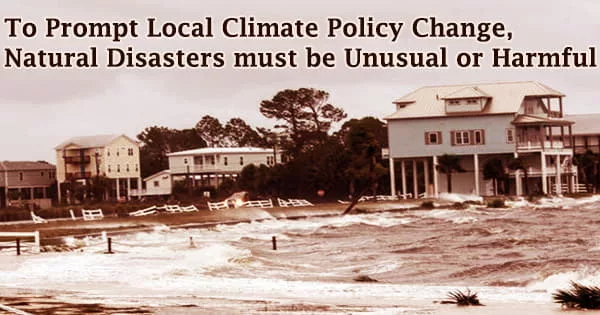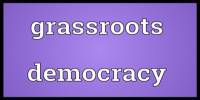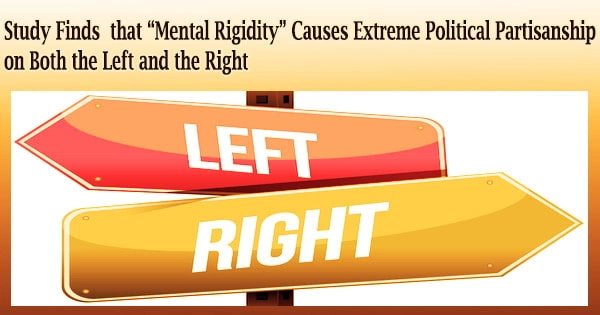According to recent research from Oregon State University, natural disasters alone are insufficient to encourage local people to participate in climate change mitigation or adaptation.
Rather, it appears that policy change in reaction to extreme weather events is influenced by a number of factors, including mortality, persistent media attention, the event’s unusualness, and the political mix of the community.
Extreme weather events are expected to become more frequent and severe in the future decades, according to climate experts. Researchers from OSU wanted to know how residents in the area are reacting.
“There’s obviously national and state-level climate change policy, but we’re really interested in what goes on at the local level to adapt to these changes,” said lead author Leanne Giordono, a post-doctoral researcher in OSU’s College of Public Health and Human Sciences.
“Local communities are typically the first to respond to extreme events and disasters. How are they making themselves more resilient for example, how are they adapting to more frequent flooding or intense heat?”
Giordono and co-authors Hilary Boudet of OSU’s College of Liberal Arts and Alexander Gard-Murray of Harvard University looked at 15 extreme weather events that occurred across the United States between March 2012 and June 2017, as well as any subsequent local climate policy changes, for the study, which was funded by the National Science Foundation.
Flooding, severe weather, high heat, tornadoes, wildfires, and a landslide were among the events. The study, which was just published in the journal Policy Sciences, discovered two “recipes” for local policy change in the aftermath of a severe weather event.
There’s obviously national and state-level climate change policy, but we’re really interested in what goes on at the local level to adapt to these changes.
Leanne Giordono
“For both recipes, experiencing a high-impact event one with many deaths or a presidential disaster declaration is a necessary condition for future-oriented policy adoption,” Giordono said.
The first recipe included Democrat-leaning towns with extensive media coverage of the weather event, in addition to a significant death toll. These communities have pushed forward with measures targeted at adapting to future climate change, such as improving emergency preparedness and risk management.
The second ingredient was Republican-leaning towns that had previously experienced prior unusual weather phenomena. Residents in these areas didn’t always talk about climate change explicitly, but they did work on measures to prepare their communities for potential calamities.
Policy adjustments were quite minor and reactive in both cases, such as the construction of fire breaks, levees, or community tornado shelters. These policy changes, according to Giordono, are “instrumental.”
“As opposed to being driven by ideology or a shift in thought process, it’s more a means to an end,” she said. “’We don’t want anyone else to die from tornadoes, so we build a shelter.’ It’s not typically a systemic response to global climate change.”
The researchers found no indication of mitigation-focused legislative responses in their sample, such as cities establishing legislation limiting carbon emissions or requiring a switch to solar power. In the aftermath of harsh weather, several municipalities made no policy adjustments at all.
The researchers indicate that in places where talking about climate change is philosophically difficult, it may be more helpful to frame policy discussions around other issues, such as people’s devotion to their community or the community’s long-term sustainability.
The researchers are unable to comment on the status of their policy change without particularly investigating towns that have not suffered catastrophic weather events, but Giordono said it is a topic for future research.
“In some ways, it’s not surprising that you see communities that have these really devastating events responding to them,” Giordono said. “What about the vast majority of communities that don’t experience a high-impact event is there a way to also spark interest in those communities?”
“We don’t want people to have to experience these types of disasters to make changes.”
















